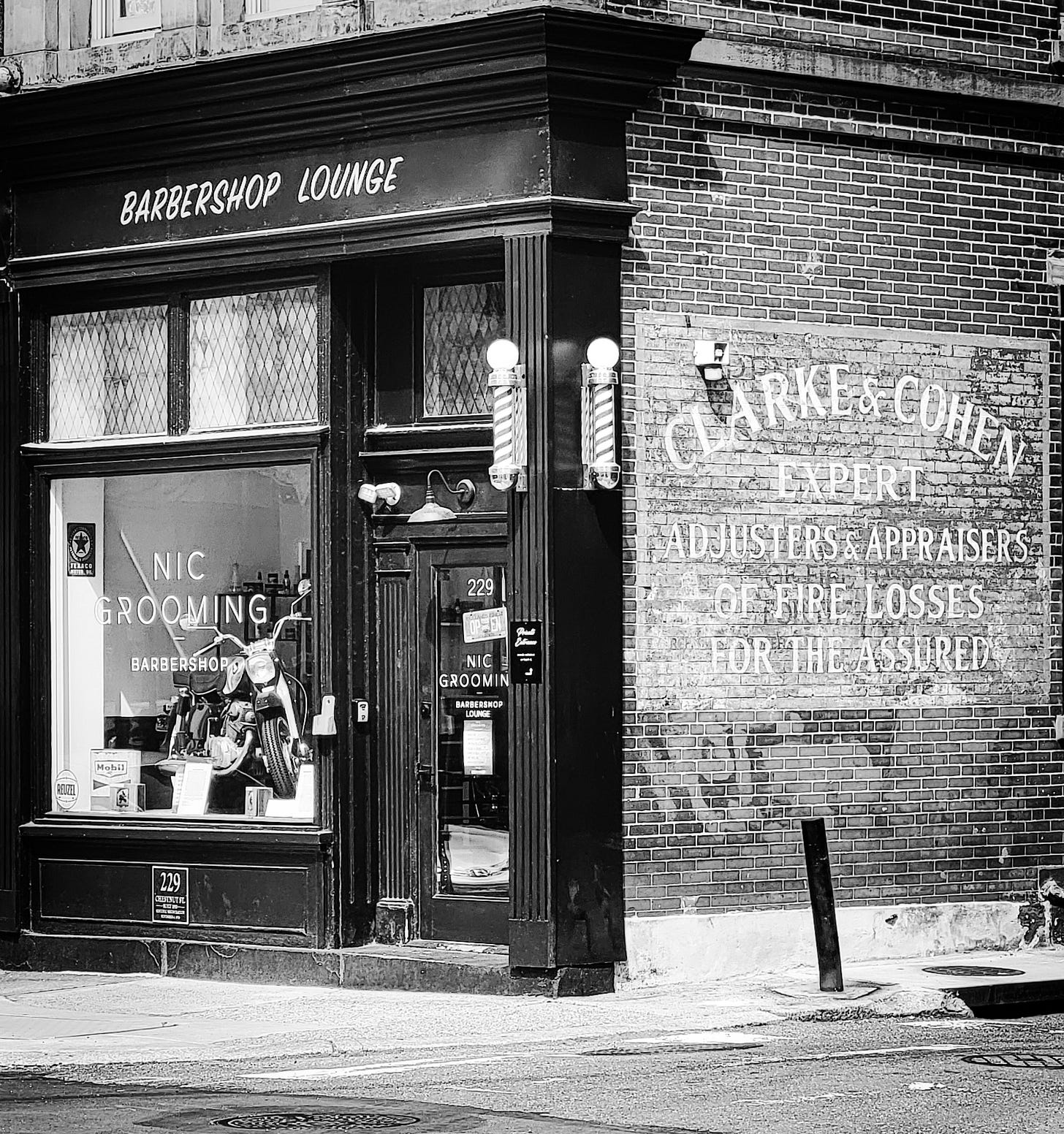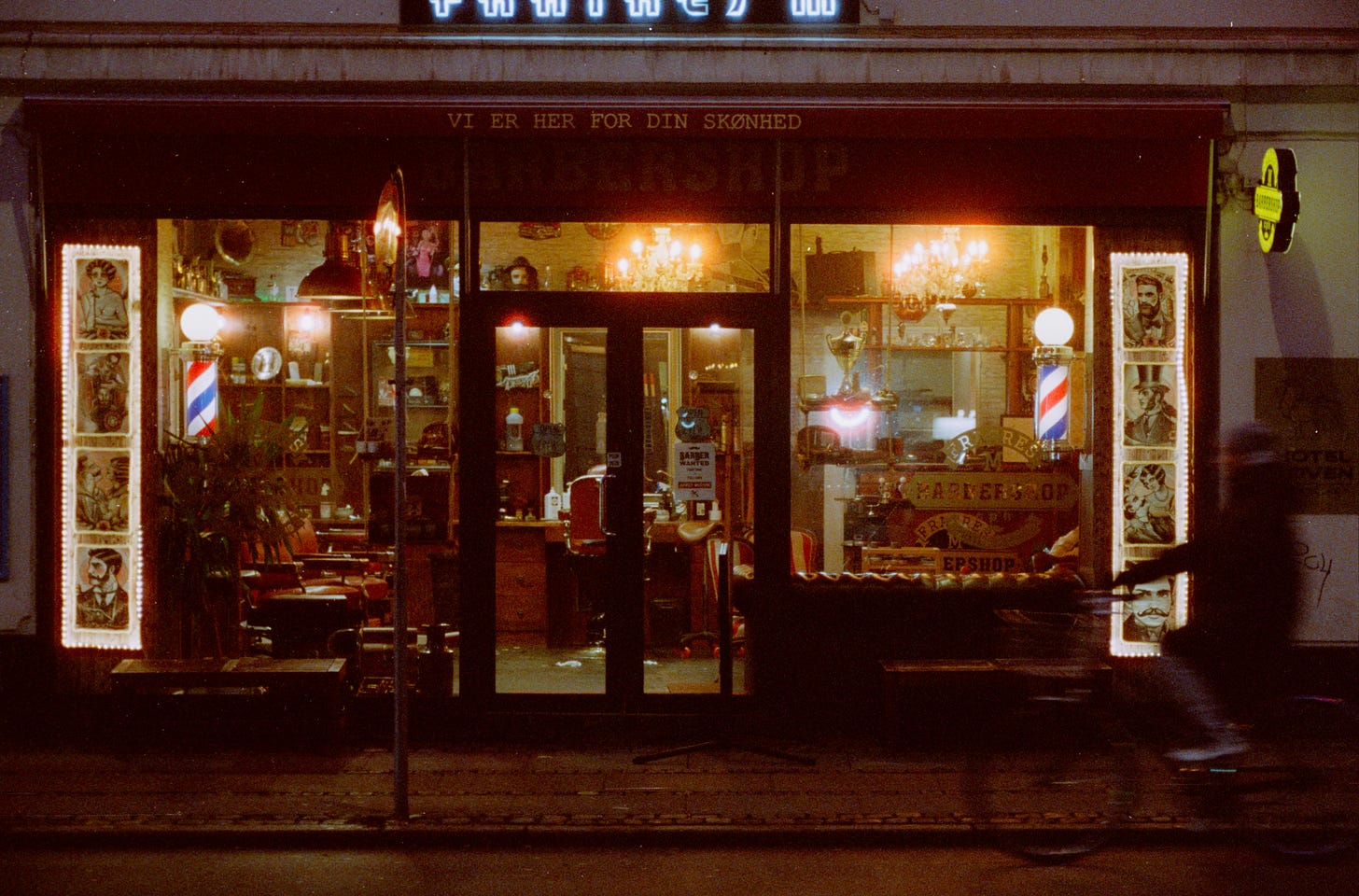*Note: This post does not contain book spoilers, but does discuss important character arcs in the novel.
I’ve been intending to read Jayber Crow for years. After countless recommendations, I finally succumbed and purchased myself a copy. I’ve read other works by Wendell Berry before, so of course I was not surprised when the novel exceeded all of my expectations. I might be as bold as to say that Jayber Crow ticked every box I generally look for: Tactile imagery, simple but nuanced prose, and dynamic characters. But there’s one thing in particular that I prioritize most about a good book, something that Berry accomplished with complete mastery. When I read a story, I want it to change how I see. Excuse me as I quote the movie Ratatouille, but I’m reminded of the scene where the food critic Alter Ego orders “a fresh, clear, well-seasoned perspective” from the menu. I’m always looking for a story to present a viewpoint, a way of looking at myself or the world that I have never tasted before. And for Jayber Crow, one of the many perspectives served so beautifully is about loving your enemies.
In this novel, Berry dishes up characters that you can’t help but adore, and others that you can’t help but despise. In fact, if I made a list of my most-hated characters from literature (which I’ve never done before but sounds tempting), Troy Chatham might be at the top. The degradation of his character creeps up on you, and so does the rage you feel as a result. And Jayber, the narrator and town barber, doesn’t just see the evil of this person and tritely move past or forgive him. The narrator grapples, as we do, with the love he desperately lacks. He writes of Troy:
“In fact, of all the trials I have experienced, he was the hardest. He was the trial that convicted me over and over again. I did not like him. I could not like him. Maybe I didn’t need to like him, but I needed at least not to dislike him, and I did thoroughly dislike him. I also enjoyed disliking him. In his presence I was in the perfect absence, the night shadow, of the charity that I sought for and longed for.”1
Jayber explores these reflections at length, cracking open the fragile shells of hate, and staring at the mess of it. What I appreciate most about this subnarrative is that there isn’t a satisfying end. Berry maintains the humanness of the story in that Troy doesn’t just suddenly become lovable. He experiences no real change of heart. Yet while Troy’s character does not resolve, Jayber’s notices himself growing in benevolence.
“I stood facing that man I had hated for forty years, and I did not hate him. If he had acknowledged then what he finally would not be able to avoid acknowledging, I would have hugged him. If I could have done it, I would have liked to pick him up like a child and carry him to some place of safety and calm.”2
In Jayber Crow, we read a narrative most of us are personally acquainted with. As we read however, what is served fresh on the plate is perspective, the ability to imagine a more generous outcome, where we face that which is unresolvable, and wind up more gracious on the other side. And isn’t that something we’d all like a bite of?
Consider This:
Has there ever been a book that has helped you to change your mind about someone? Alternatively, what is a piece of literature that encourages you to love your enemies?
We’d love for you to leave your thoughts on the subscriber chat below.
Berry, Wendell Jayber Crow (pg. 337)
Berry, (pg. 361).









It took a few times through the Harry Potter series to realize the Dursleys aren't evil; they're not Voldemort. They are Dumbledore's best protection for Harry outside of Hogwarts. This has helped me immensely with loving my own Dursleys.
In 'All the Little Live Things,' Wallace Stegner does a masterful job of this very thing. The protagonist is as unlikable as your own worst moments mirrored back to you are. Joe Allston both repulsed and resonated with me, which made his arc all the more compelling.